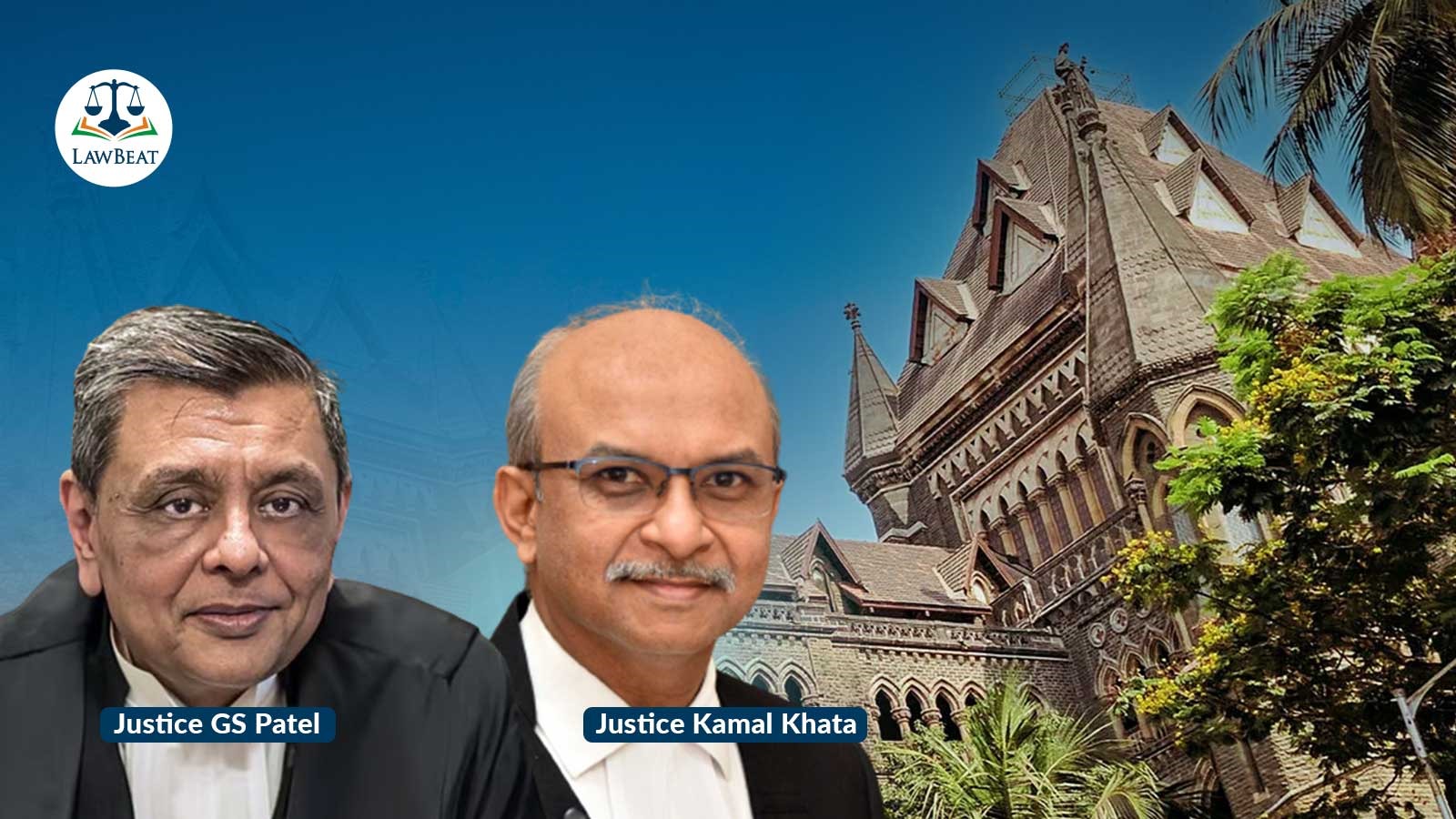Bombay High Court Dismisses Petitions Seeking ST Status For Dhangar Community

The petitioners contended that the Presidential Order (PO) of 1950 and the subsequent amendment in 1956 were meant to apply to the Dhangar community.It was claimed that the Dhangar tribe did not exist in Maharashtra and it was only Dhangar that existed.
The Bombay High Court, after a day-long order, dismissed the petitions seeking a direction to be issued to the Maharashtra Government to recognize the 'Dhangar' (Shepherd) community in the Scheduled Tribe list.
The division bench of the high court, comprising Justice Gautam S Patel and Justice Kamal Khata, heard petitions that claimed that they could not avail of benefits extended to the ‘Dhangad’ community because of a typographical error and that resulted in the exclusion of the Dhangar community from the ST category.
It was claimed that the community got listed in the State as 'Dhangad' instead of 'Dhangar' due to a typographical error and was therefore excluded from the list.
The petitioners contended that the Presidential Order (PO) of 1950 and the subsequent amendment in 1956 were meant to apply to the Dhangar community.
It was claimed that the Dhangar tribe did not exist in Maharashtra and it was only Dhangar that existed. Therefore, the petitioners sought an inquiry from the court for the same.
However, the division bench refused to make an inquiry, relying on a Supreme Court ruling, which stated that for an inquiry to be made, it has to be shown that a community has to be a zero-class member community, which was not the case for the petitioners.
The high court also rejected the contention of the petitioners, wherein they had cited an instance in the past where a family in Aurangabad was issued an ST certificate under the 'Dhangad' community in 1952.
The family filed an affidavit before the high court seeking disavowal of the certificate, claiming that they belonged to the 'Dhangar' community and were incorrectly issued certificates under 'Dhangad' community due to a typographical error.
The high court rejected this contention, noting that it was only after the petitions were filed that the family sought disavowal.
Therefore, the high court dismissed the petitions, observing that entries in the Presidential Order could only be changed by an act of Parliament.
“The PO is sacrosanct and it is inviolate and it cannot even be modified by subsequent notification. Its entries can be included or excluded only by an act of parliament. The rationale for this, in a country as diverse as ours, is to define obligation and duties, the law demarcates factual positions. If these entries are to be constantly modified, changed or chopped, it will result in chaos in the administration and no person will know whether the benefit availed today is liable to be taken away by judicial fiat tomorrow or what the consequences are likely to be,” the court said.
Case title: Maharani Ahilyadevi Samaj Prabodhan Manch vs. State of Maharashtra
